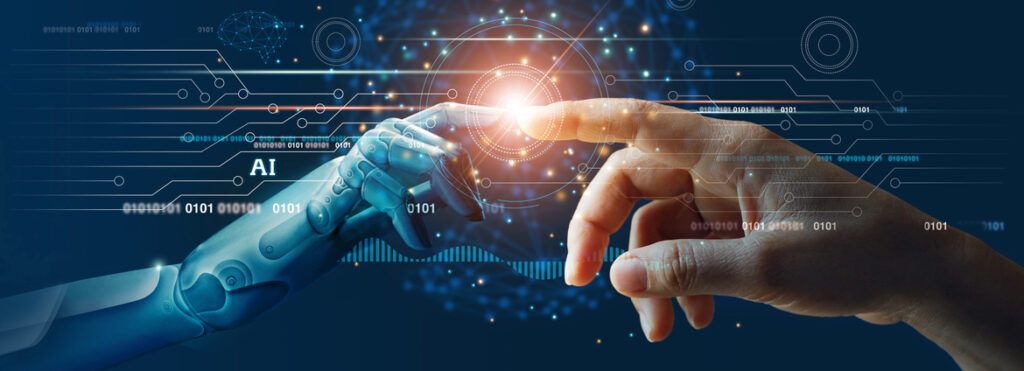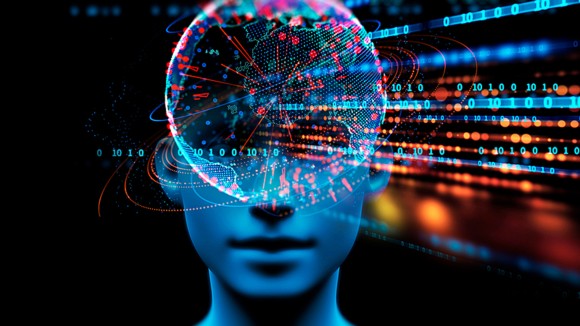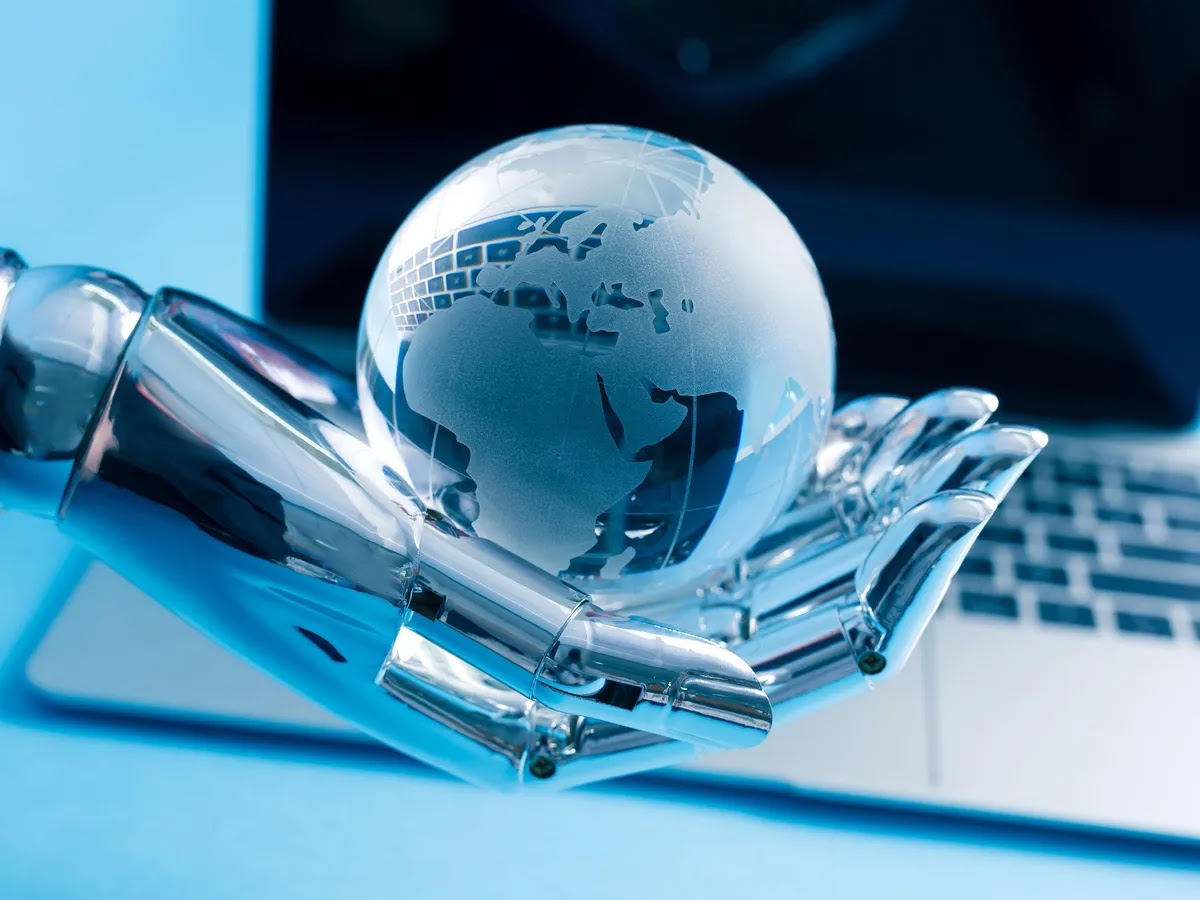Artificial Intelligence (AI) has transformed the way we live, work, and interact with each other. From virtual assistants to self-driving cars, AI is everywhere around us. But have you ever wondered what are the types of AI? In this blog post, we will explore the various categories of AI that exist today and how they impact our lives in different ways. So buckle up and get ready to dive into the exciting world of artificial intelligence!
The Different Types of AI
There are four main types of AI:
1. Reactive machines: Reactive machines are the simplest form of AI. They are able to respond to specific situations but cannot form long-term plans or memories. For example, a chess-playing program is a reactive machine because it can make moves based on the current state of the game but doesn’t have the ability to think ahead or remember previous games.
2. Limited memory: Limited memory AI systems have some short-term memory and can learn from experience. This enables them to improve their performance over time. For example, self-driving cars use limited memory AI to store data about roads and traffic patterns so they can better navigate in the future.
3. Theory of mind: Theory of mind is a more advanced form of AI that involves understanding mental states such as beliefs, desires, and intentions. This type of AI is still in its early stages but has great potential for applications like human-computer interaction and robotics.
4. Self-aware: Self-aware AI is the most advanced form of artificial intelligence and is still largely theoretical at this point. A self-aware AI system would be able to understand its own consciousness and intentions and those of other beings. This type of AI could potentially be used in applications like healthcare, where it could help doctors diagnose patients or provide personalized treatment plans.
Pros and Cons of AI
When it comes to AI, there are several pro and con considerations. On the pro side, AI can help speed up processes and decision making, while on the con side concerns have been raised about potential job loss from automation. Other pros of AI include increased efficiency and accuracy in various tasks, as well as the ability to process large amounts of data quickly. Some cons of AI include issues with data bias and lack of transparency in algorithms.





0 Comments